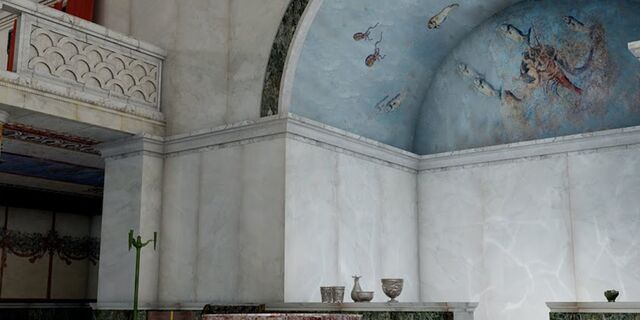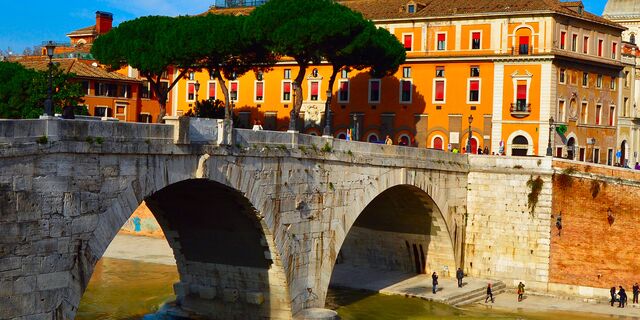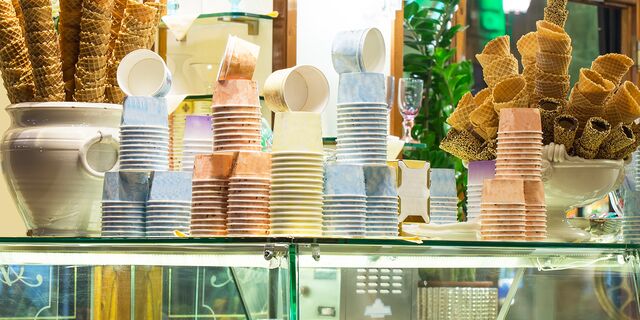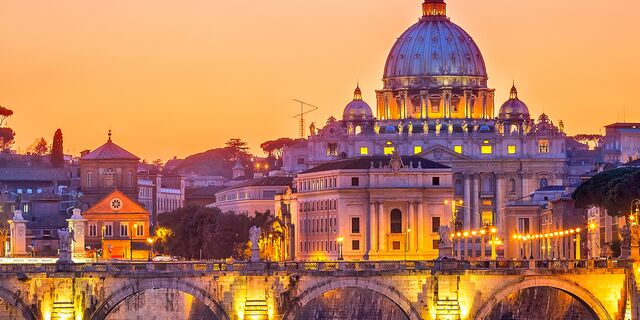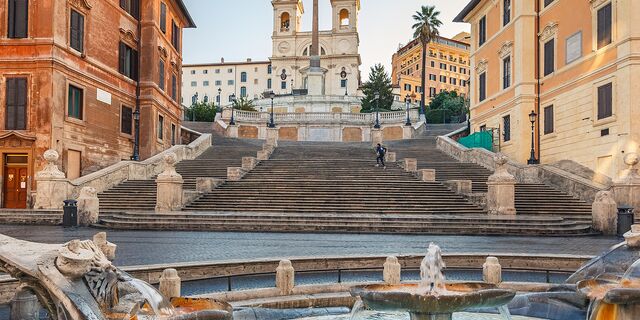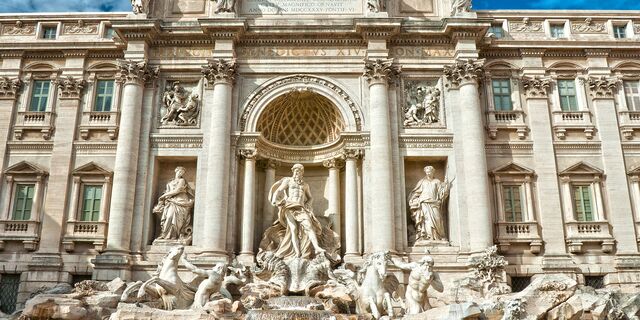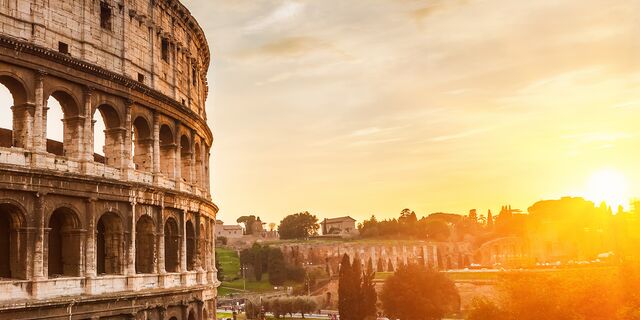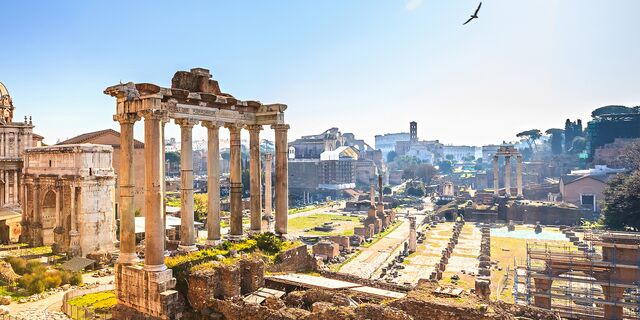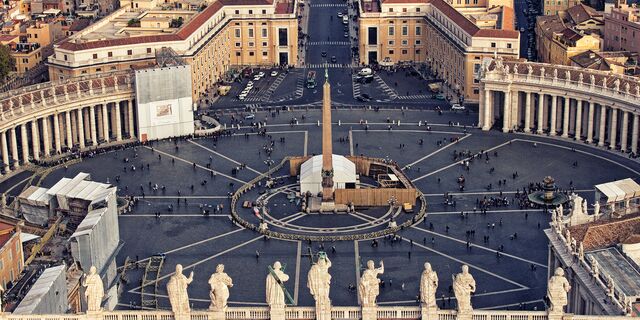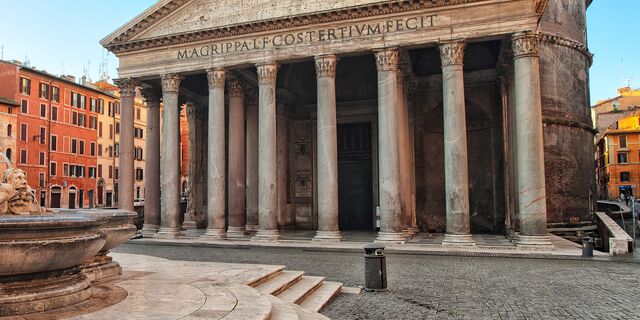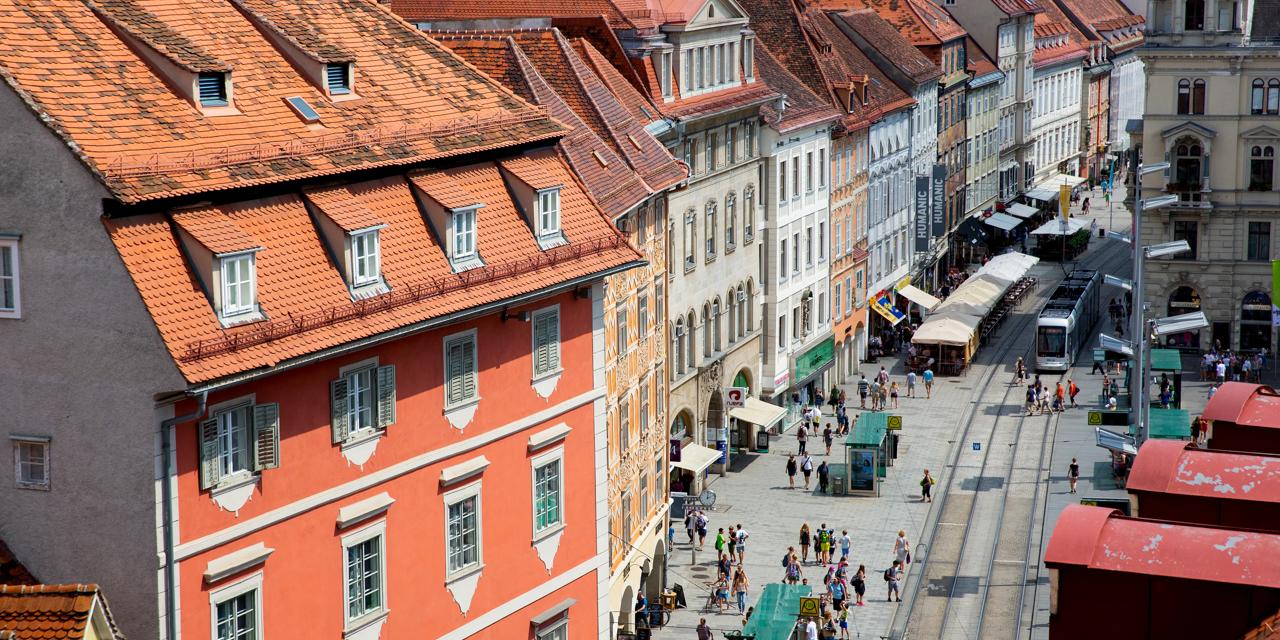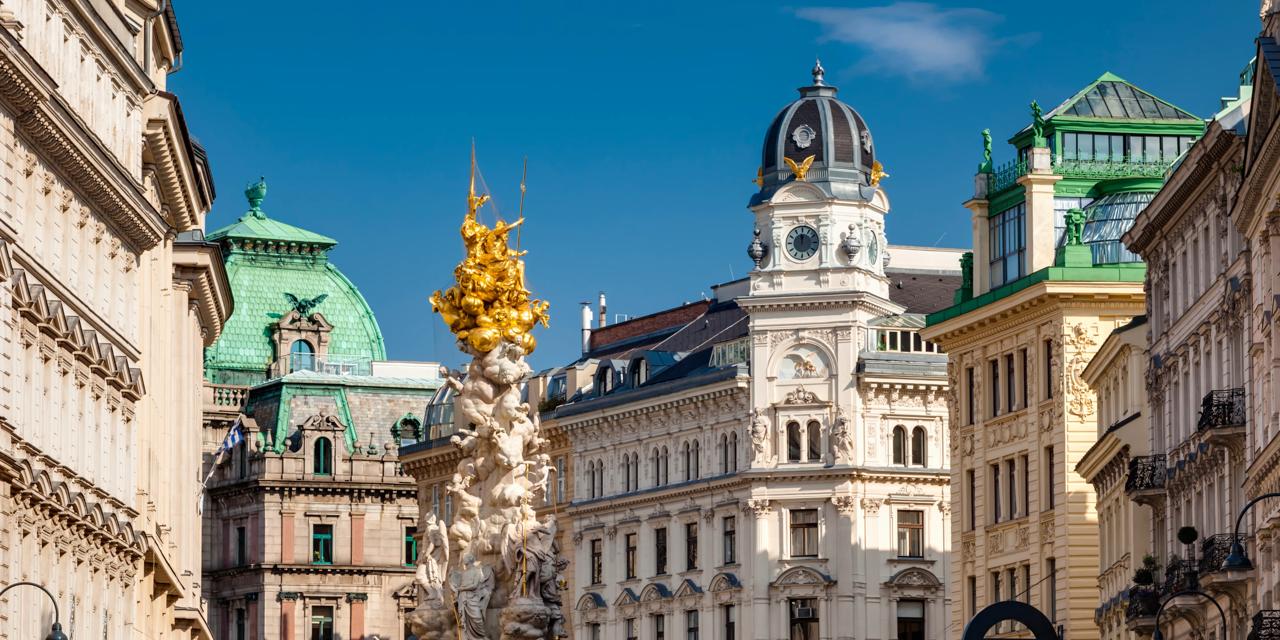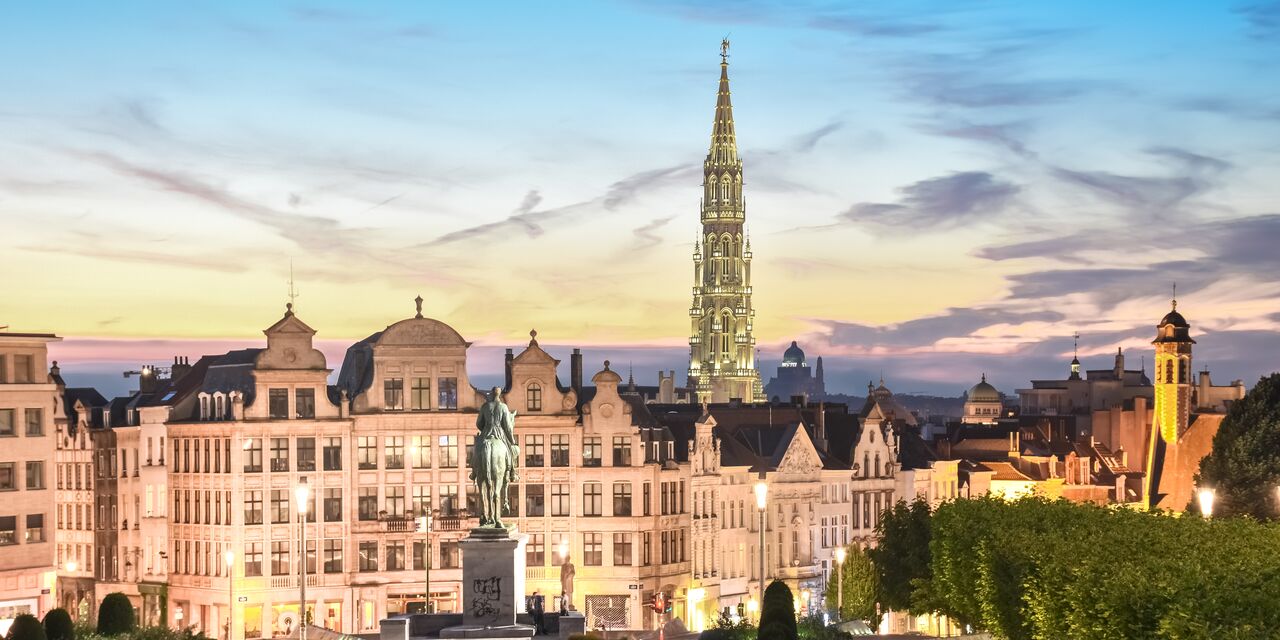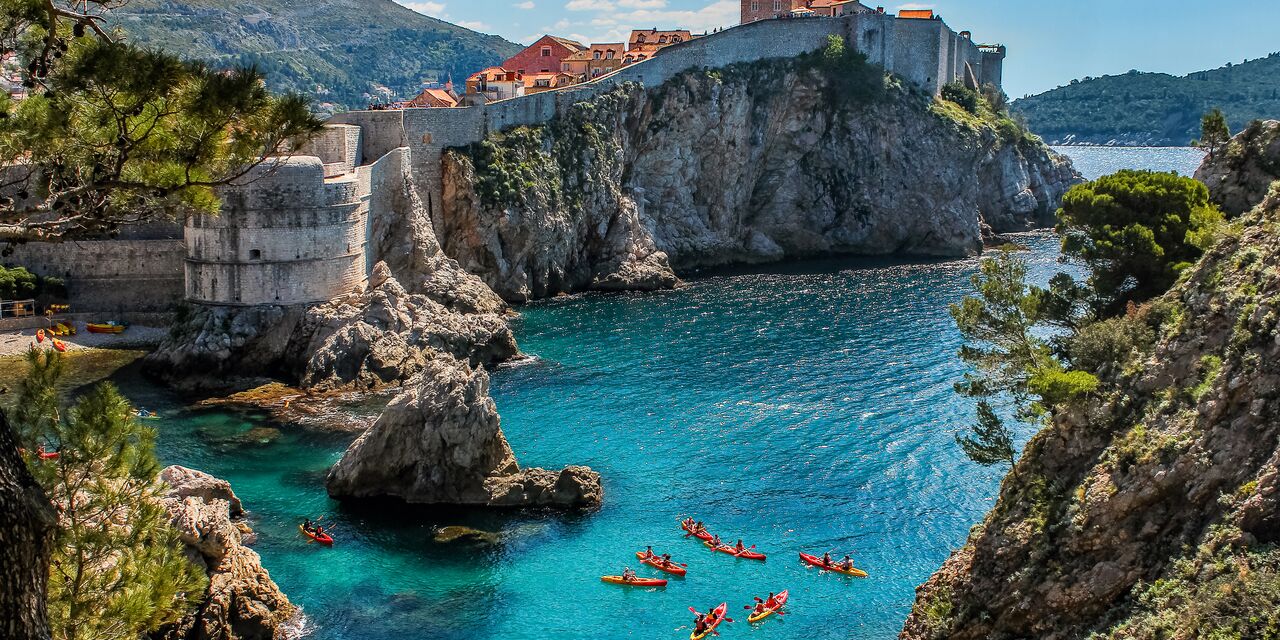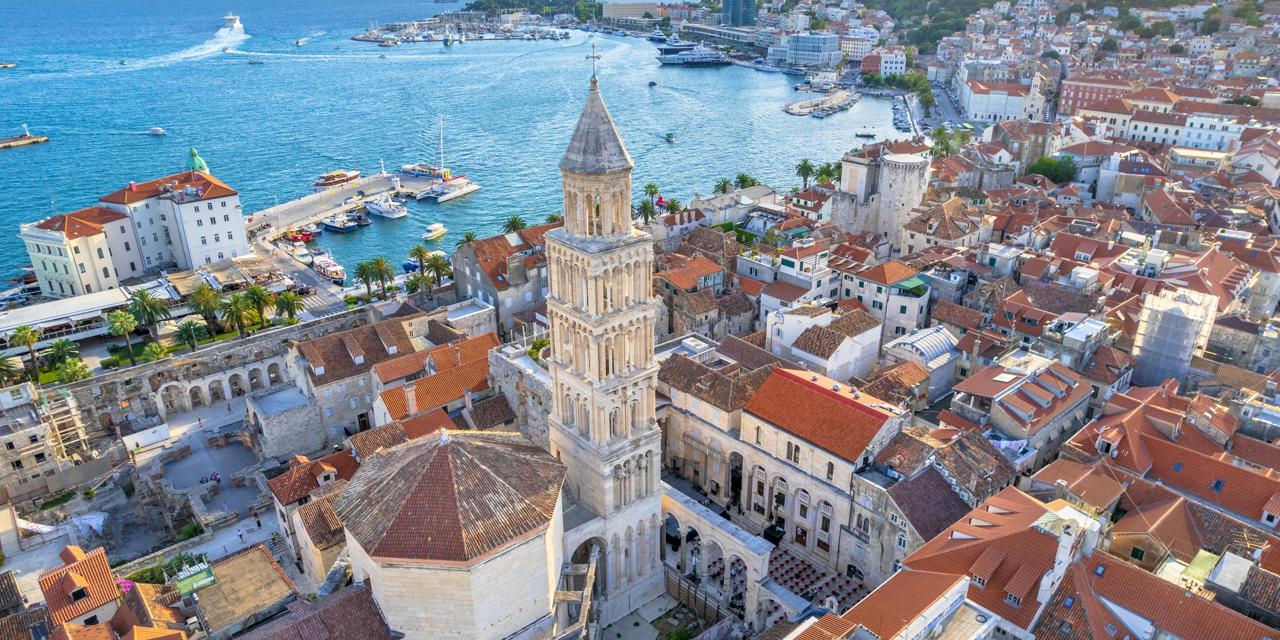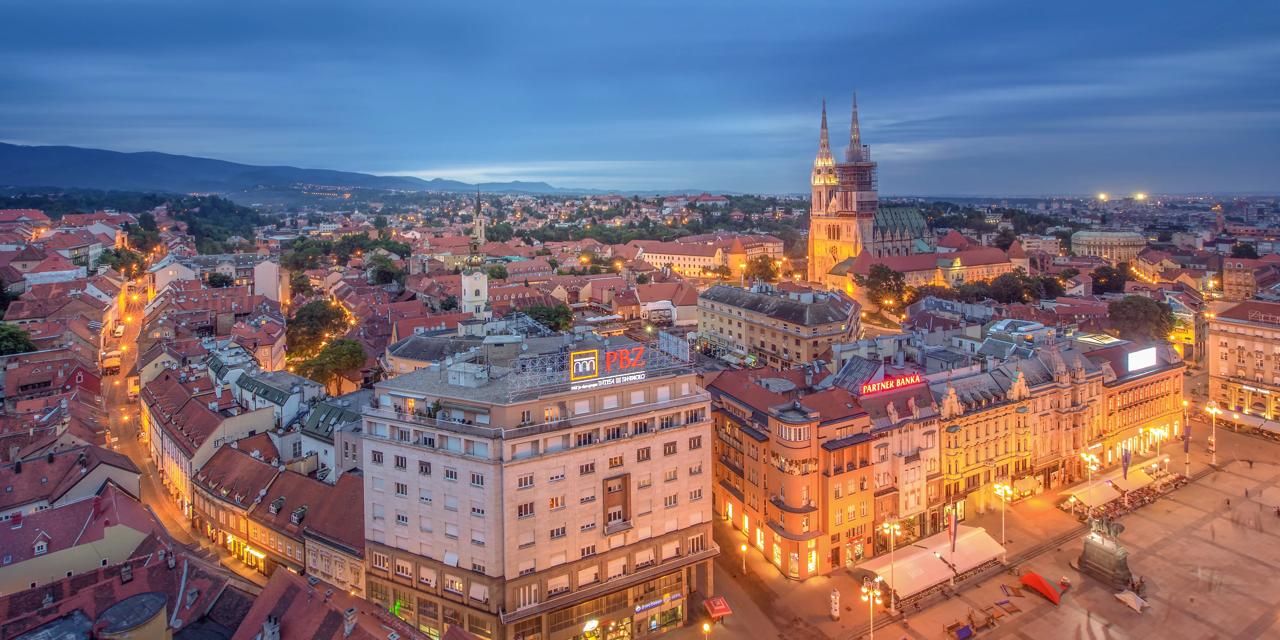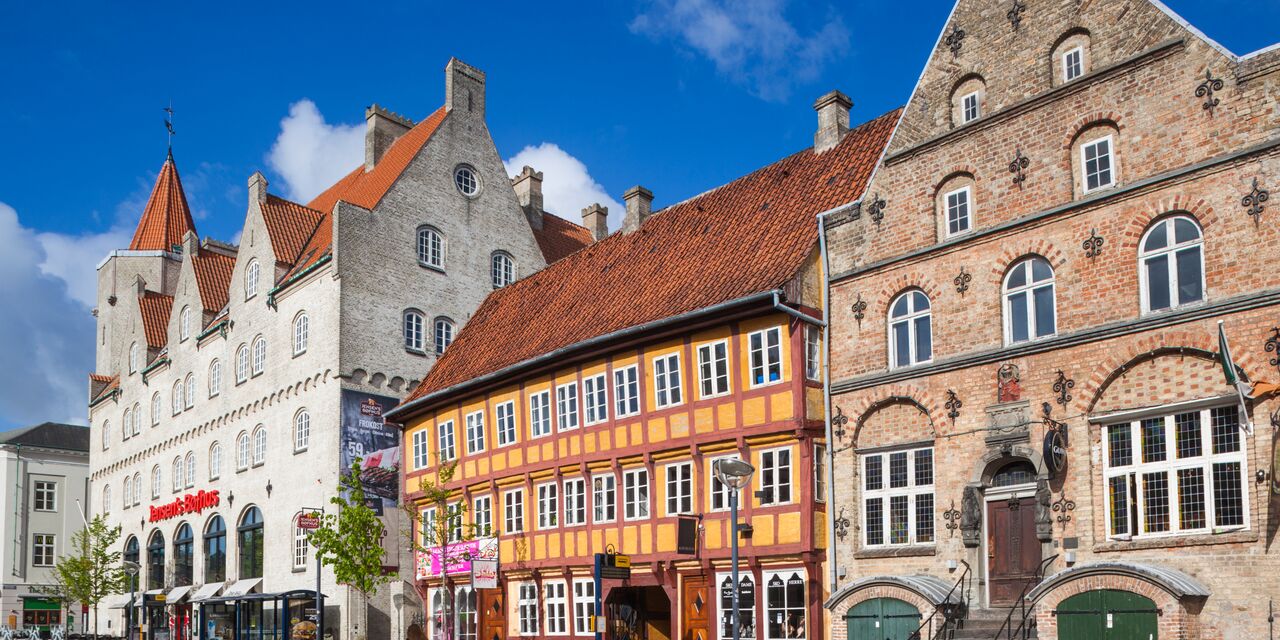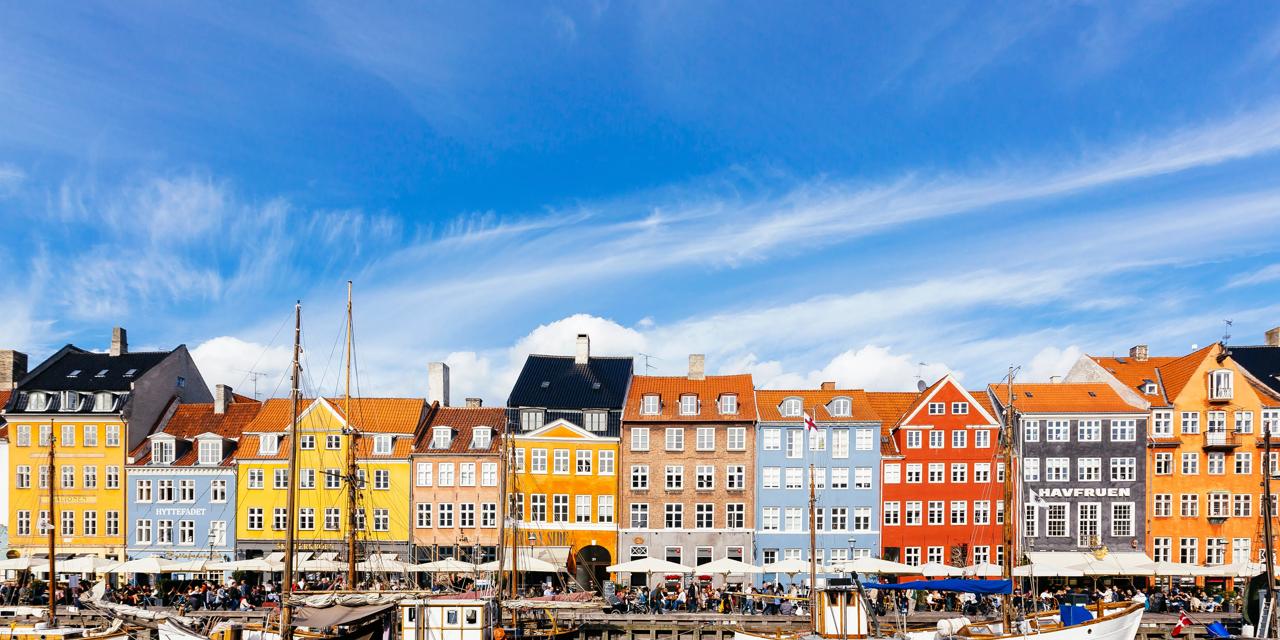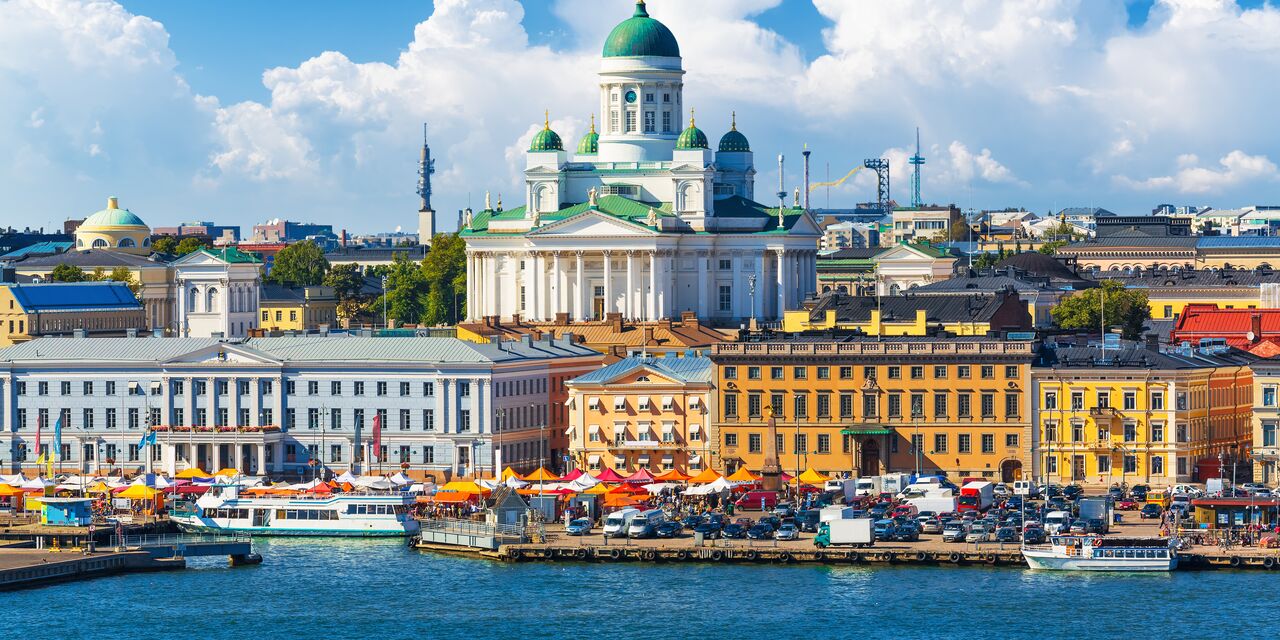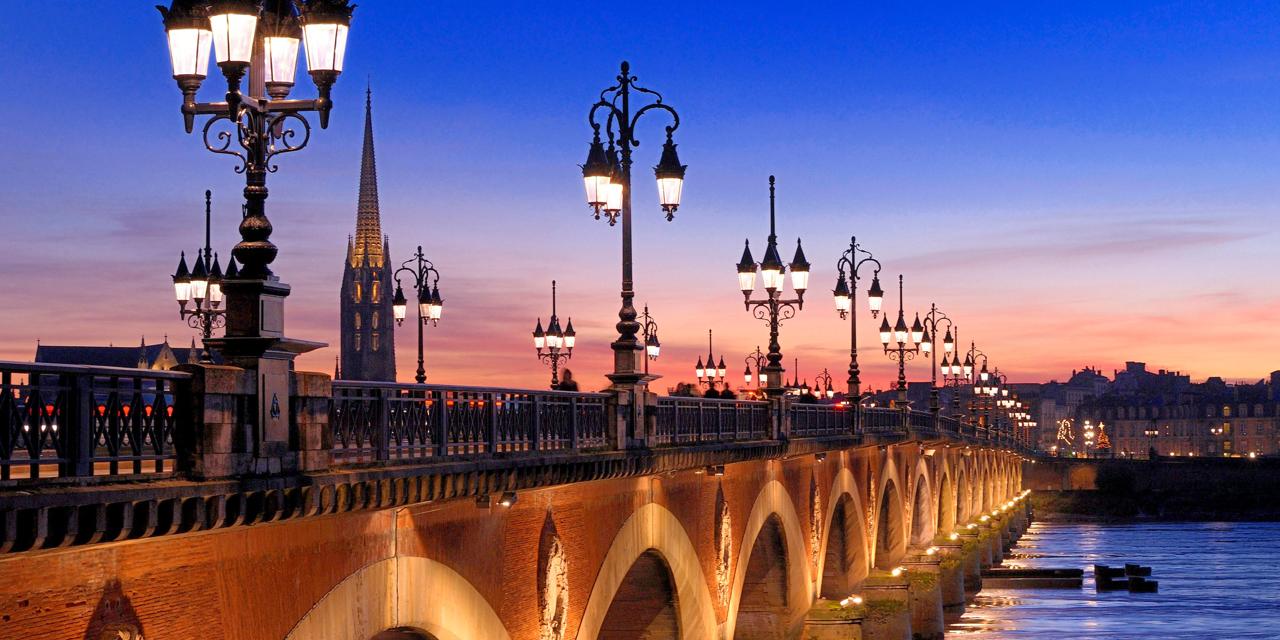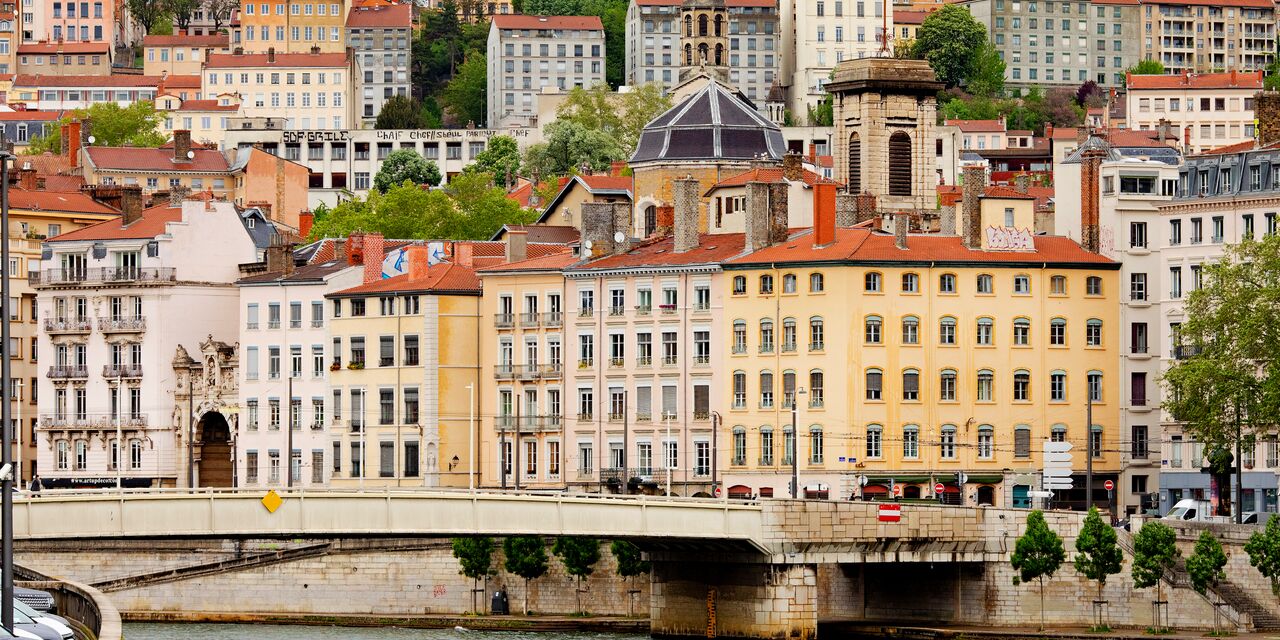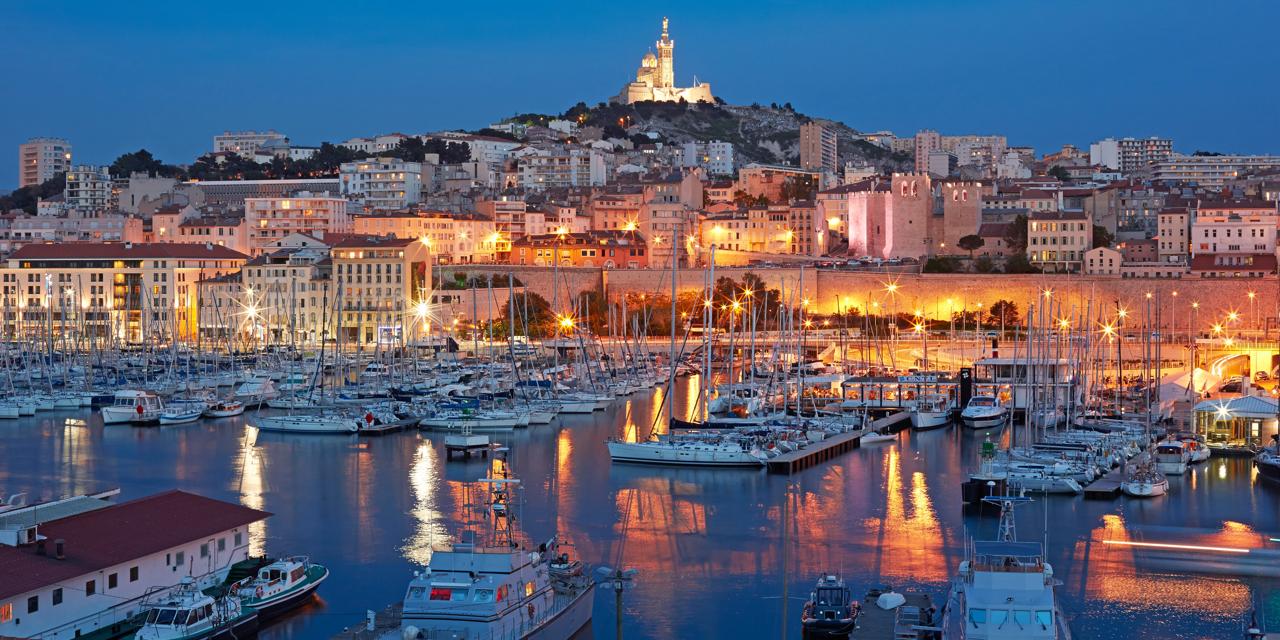The beauty of Villa Borghese
Villa Borghese, Rome’s largest park, is the perfect place to escape the busy city. Between the footpaths and flowerbeds you’ll find sculptures, fountains and temples. Most people visit the park for its 3 museums: the Galleria Borghese, the Museo Nazionale Etrusco and the Galleria Nazionale d’Arte Moderna. No wonder it is also known as museum park!
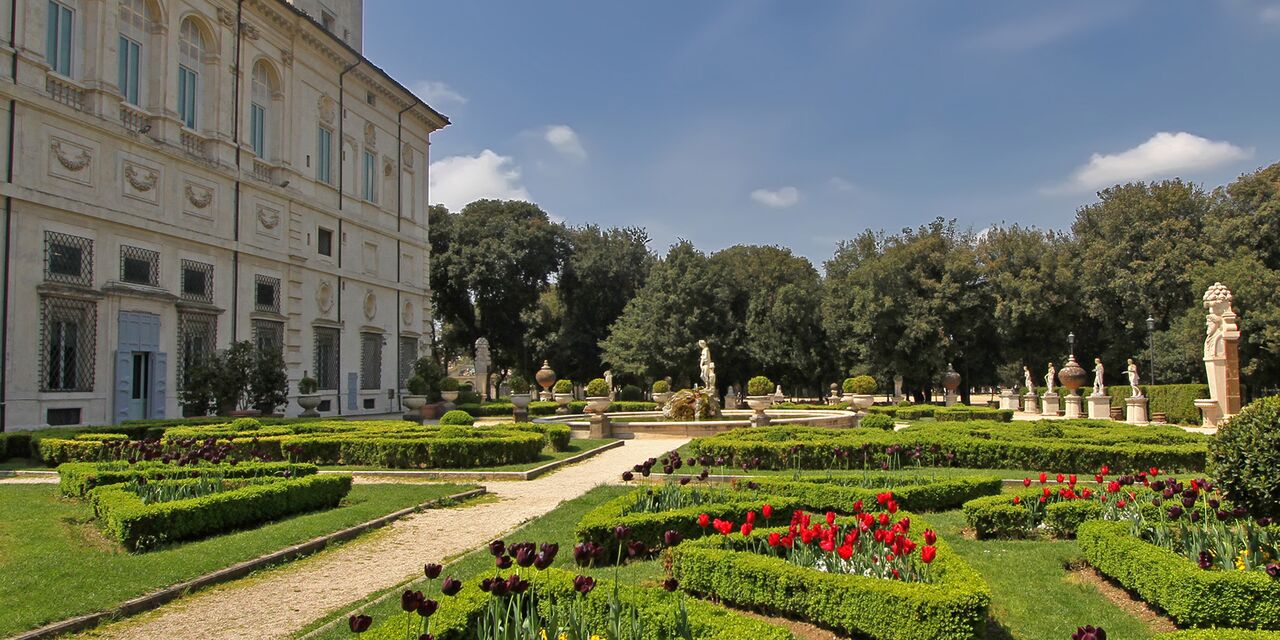
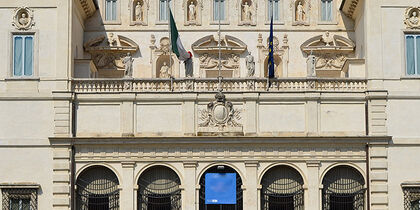
Galleria Borghese
This is undoubtedly one of the most impressive museums in Rome. The stately 17th- century villa is home to Cardinal Scipione Borghese’s extensive collection of art, and includes works by masters such as Caravaggio, Bernini and Botticelli. It is the perfect introduction to Renaissance art and the beginnings of the Baroque period. The Cardinal mainly preferred classic and contemporary art as well as antique sculptures. Although the villa has 20 rooms it is a manageable size. The ground floor mainly features sculptures as well as frescos and Roman mosaic floors, including the famous ‘David’ by Bernini. The second floor comprises Galleria Borghese, with Renaissance art from European masters. This includes the renowned La Deposizione di Cristo by the painter Sanzio Raphael. Due to its massive popularity, only a maximum number of people are allowed in each day so booking in advance is recommended.
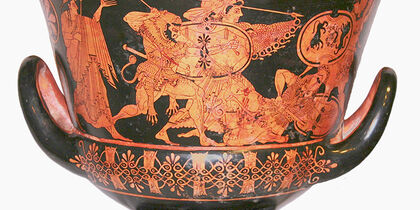
Etruscan vases and modern art
The other two museums in the park are also well worth a visit. Contemporary art enthusiasts will love the Galleria Nazionale d’Arte Moderna. It mainly features art from the 19th and 20th centuries, with an emphasis on Italian artists as well as famous names such as Kandinsky, Mondrian and Pollock. The fabulous Museo Nazionale Etrusco exhibits art from the pre-Roman era, such as a variety of Etruscan vases. It is situated in Villa Giulia, which dates back to 1553 and was once used as the summer home of Pope Julius II.
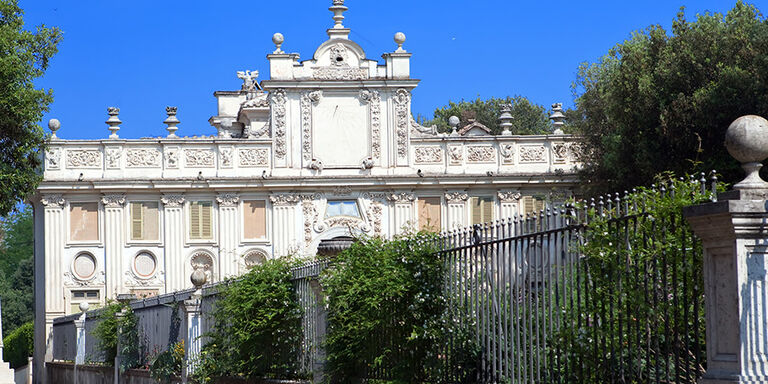
Secret gardens
A typical feature in many Italian parks and gardens from the Renaissance and Baroque eras are the giardini segreti, or secret gardens. These hidden spots, often near the home of the owner, radiate romance and serenity. The gardens were secret because they were only accessible to the owner and not the general public. Villa Borghese has two of these hidden gardens: the Giardino dei Melangoli and the Giardino dei Fiori. The gardens are adjacent to the villa but are not always open to visitors. You can, however, catch a glimpse of these retreats through the fences.
Discover other destinations in Europe
*Uvedené ceny platí pro jednu dospělou osobu. Všechny částky jsou v CZK. Včetně tax a příplatků. Neúčtuje se žádný rezervační poplatek, ale může být účtován příplatek za provedení platby. Uvedená cena se může lišit v závislosti na dostupnosti tarifu. Přesnou celkovou cenu uvidíte, jakmile zvolíte způsob platby.
The weather forecast information is provided by World Weather Online. Air France-KLM is not responsible for the reliability of this data.

